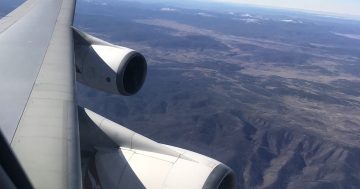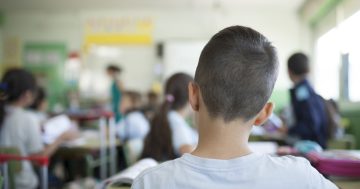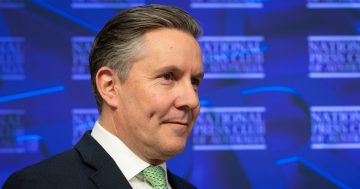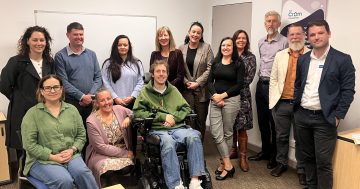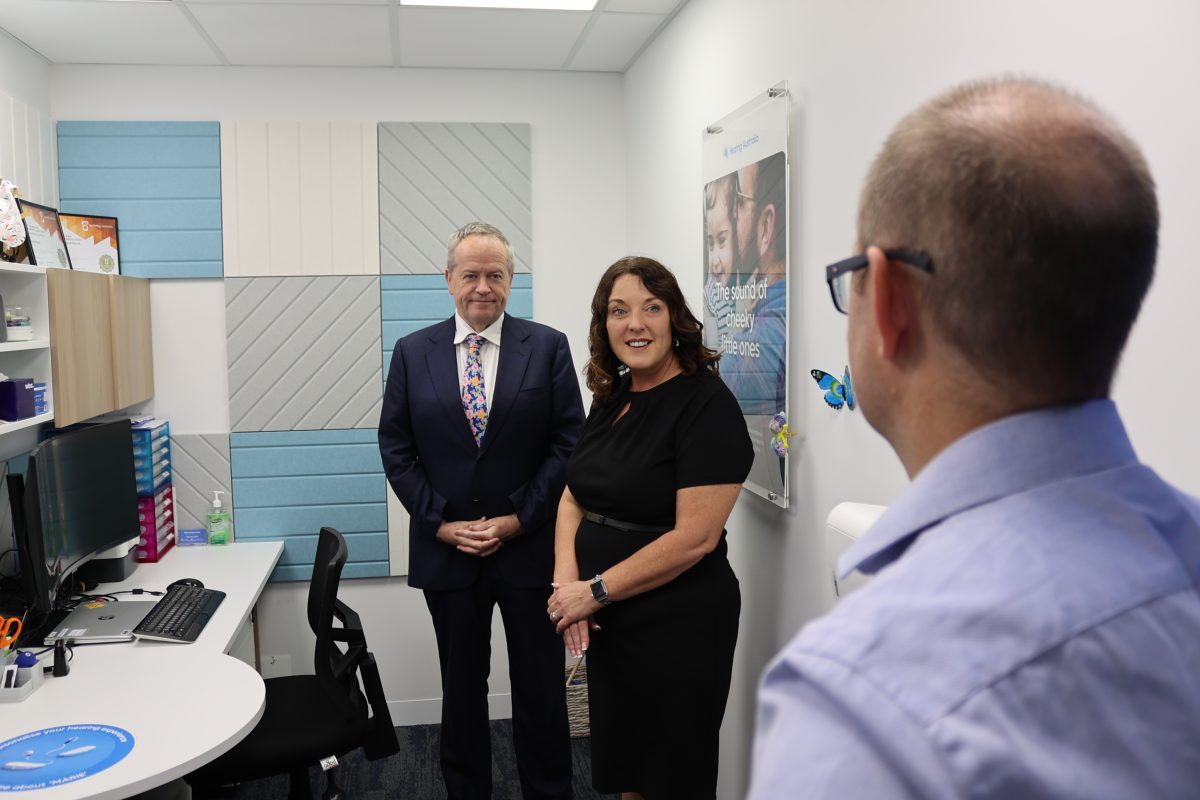
Minister for the National Disability Insurance Scheme and Government Services Bill Shorten and the Member for Cunningham Alison Byrnes attended the official opening of Hearing Australia’s Figtree centre on Thursday. Photo: Supplied.
Minister for the National Disability Insurance Scheme Bill Shorten has called on disability providers not to add a “wedding tax” to NDIS clients.
Mr Shorten spoke at the official opening of the Hearing Australia Figtree Centre on Thursday (23 November).
“The scheme is here to stay, but we want to be sure every dollar is getting to the people who it was designed for,” he said.
“Most service providers do a great job, but there are some who, in my opinion, overcharge, who apply a ‘wedding tax’ where the second someone says they’re on the NDIS the price goes up.
“We also want to make sure that service providers aren’t offering junk therapies.”
Mr Shorten also slammed hospitals that he says are cost-shifting recovery services for patients suffering from disabilities such as acquired brain injuries.
“Part of the challenge of the scheme is some hospitals now say ‘Well, that’s an NDIS matter’,” he said.
“It takes a whole community to support those with disabilities, not just one scheme. We need to make sure the rest of society doesn’t just say anything to do with disability is an NDIS matter.
“We need to have an overdue discussion about the measures we can take as a community.”
He said the Federal Government is preparing a response to the Disability Royal Commission, which will be released in early December.
He declined to identify which recommendations from the Royal Commission would be implemented.
Asked about how accessible the scheme is for people with autism, Mr Shorten said eligibility was based on how the condition affects a person’s life, not their diagnosis.
“The NDIS was designed for the most severely and profoundly disabled,” he said.
“We don’t want to have a system where you simply get a diagnosis and then you’re on the scheme; that’s not what the NDIS was designed for.”
Minister Shorten, along with Member for Cunningham Alison Byrnes, met with staff and clients at the Hearing Australia Centre in Figtree, which supports close to 4000 children and adults.
“Good hearing is incredibly important for people’s health and wellbeing,” he said.
“For children with hearing loss, early detection and intervention is critical to supporting their speech development, education, and overall wellbeing.
“The Figtree Hearing Centre is the largest paediatric centre in the Illawarra and the services it provides are critical for children and families in the region.”
Dr Aleisha Davis, CEO of the Shepherd Centre, attended the opening and said the strong partnership between Hearing Australia and the Shepherd Centre was critical in supporting children with hearing loss.
“The Shepherd Centre helps children with hearing loss learn to listen and speak, and supports them to reach their full potential,” Dr Davis said.
“Through our close working relationship with Hearing Australia, children with hearing loss and their families are able to achieve great outcomes.”
The Figtree Hearing Centre also works closely with the Illawarra Aboriginal Medical Service to provide regular hearing services to First Nations children and adults in the community.
Hearing Australia managing director Kim Terrell welcomed the opening of the new centre, and said the organisation is committed to making it easier for people to get help when and where they need it.
“For more than 75 years, we’ve improved the lives of people with hearing loss. We care for all Australians from all walks of life, and we put our clients at the centre of everything we do”, Mr Terrell said.









